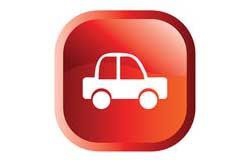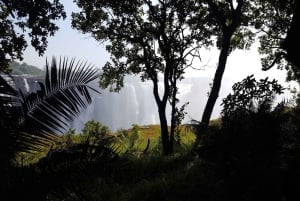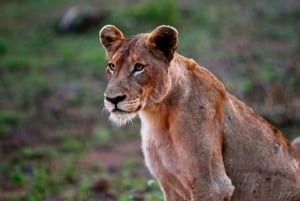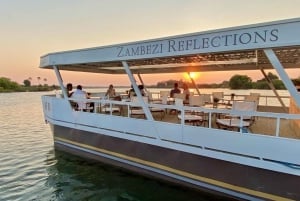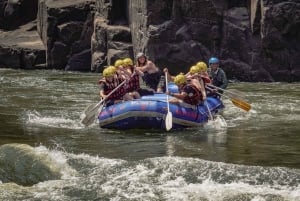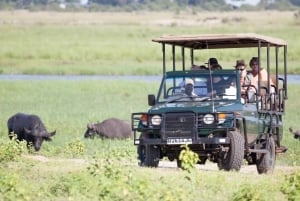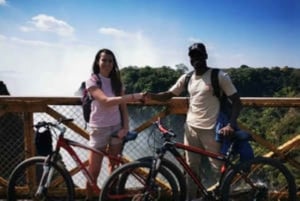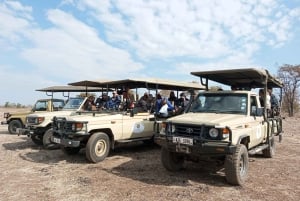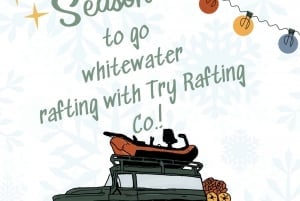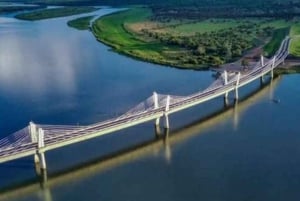Driving to Zambia and Vehicle Entry Requirements
By Road
Zimbabwe: Chirundu, Kariba, Livingstone
Botswana: Kazangula Pontoon
Namibia: Sesheke
Angola:
DR Congo: Kasumbalesa
Tanzania: Nakonde
Malawi: Chipata
Mozambique:
Open from 06:00 to 18:00 except for the Livingstone border, which closes at 20:00
Border controls can be slow.
There is a risk of landmines on the Angola side of the Zambia/Angola border and on the Zambia/DRC and Zambia/Mozambique borders.
Vehicle Entry Requirements
-
Original vehicle registration papers
-
Vehicle license papers
-
If you are not the registered owner of the vehicle: Please carry an affidavit from the police giving you authorisation from the owner / financial institution to take the vehicle abroad
-
Police Clearance Certificate: both for vehicles and trailers
-
Third-Party Insurance: Can be obtained at border post, valid for 30 days
-
Road Access Fee: USD 30; paid on entry and only accepted in dollars; valid for one year
-
Council Levy: USD20 per car; paid on entry and exit
-
Carbon Pollution Tax: Approximately USD 50
-
White and Red Reflective Tape: Two small white rectangular size strips on the right and left hand side of the front bumper as well as two small red square strips on the right and left hand side of the rear bumper
-
Carnet de Passage: Not compulsory. However, will facilitate border crossing. Recommended if the vehicle is to remain in Zambia for more than three months.
-
Warning Triangles: Two warning triangles (do not need to be displayed); warning triangle must be on a metal plate
-
White and Red T-sign: Required if towing a trailer; white must be displayed on front right hand side of trailer / caravan and red on the rear right hand side of the trailer / caravan, when looking forward
-
Fire Extinguisher: Compulsory if carrying jerry cans with fuel
Have your vehicle papers on hand at all times as roadblocks are fairly frequent
Driving
In Zambia we drive on the left hand side of the road and observe standard British driving rules, although occasionally the police use their own interpretations of the rules. Your driving licence from your home country is valid in Zambia for up to three months.
Speed limits: Within towns and settlements the speed limit is generally 50 or 60km/h and 100km/h on open roads, but be very conscious of speed signs. Enforcement of speed limits is strict, Zambian police often have speed traps immediately after speed limit signs.
Police Road Blocks are very common in Zambia and generally do not provide much in the way of trouble. However, it is important to be note that an orange traffic cone or a 44-gallon drum in the centre of the road may indicate the presence of a roadblock. There may not always be adequate warning. You should be aware of this and slow down so that you can stop if necessary. Open your window before or as you stop and turn down your music if it is blaring. The official operating the block will appreciate your courtesy. Always carry your passport and driving licence.
If you feel the officials at the roadblock are taking advantage of the fact that you are a tourist in a hire car or borrowed car, phone the car hire company’s help line or the person you have borrowed the car from and ask advice. Try to remain calm and unhurried at all times, if the policeman feels that you are happy to sit and wait he may feel that it is not worth "encouraging" you to pay an incentive.
Accidents
Drive with care, be aware of the thoughtless actions of other road users, try to avoid driving at night and you should be fine. Cyclists, pedestrians and animals can be quite a hazard to use your horn as often as needed.
If you are involved in an accident, you need to try to remain calm. A dog, a goat or a chicken, don't worry. You may feel the need to compensate the owner but this could get difficult. To be honest, if the animals were not on the road they would not be hit by vehicles so paying compensation is almost encouraging careless behaviour. If you hit a wild animal, you must report it to the local ZAWA office, or police station.
If you hit a person the accident must be reported immediately. Be very careful about stopping as you may be assaulted by friends or relatives of the injured person, or just enthusiastic spectators. If the person is injured then you may be able to help to get him or her to hospital. Go directly to to the nearest police station or roadblock. Sometimes you may be lucky enough to find a sympathetic witness to come with you.


